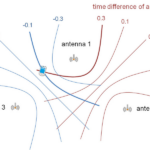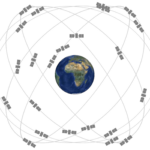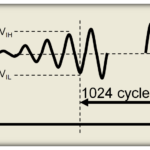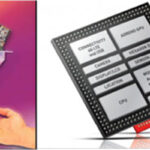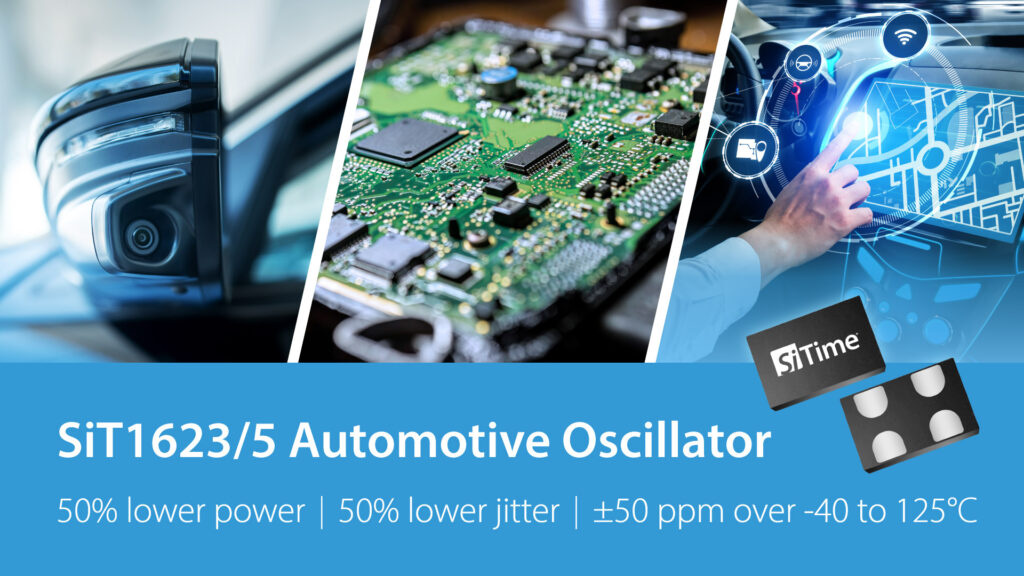 SiTime Corporation introduced its latest generation of automotive oscillators to enable higher safety for advanced driver assistance systems (ADAS), infotainment, and car-to-home wireless connectivity. SiTime SiT1623/25 automotive-grade oscillators comply with the stringent AEC-Q100 standard and address a $100M market.
SiTime Corporation introduced its latest generation of automotive oscillators to enable higher safety for advanced driver assistance systems (ADAS), infotainment, and car-to-home wireless connectivity. SiTime SiT1623/25 automotive-grade oscillators comply with the stringent AEC-Q100 standard and address a $100M market.
According to McKinsey1, four macro trends are driving growth in automotive – autonomous driving, connectivity, electrification, and shared vehicles. The market for automotive electrical/electronic components and software to serve these macro trends is expected to reach $450 billion by 2030, which is more than double the growth of the overall automotive market.
Precision timing is the heartbeat of all intelligent, connected automotive electronics, and the number of timing chips in cars has grown and will continue to grow. SiTime believes that in 2018, vehicles used up to 20 timing chips. Today, SiTime believes cars have up to 60 timing chips, and that number will grow to 100 timing chips by 2026. The computing power and connectivity requirements for automotive electronics are expected to outpace the growth of the overall automotive market.
SiTime precision timing solutions, based on resilient and reliable silicon MEMS technology, are designed to perform in extreme conditions and provide the robust system performance and stability required in harsh environments. Today, the leading electric vehicle (EV) manufacturers work with SiTime because of the unique advantages offered by SiTime’s precision timing solutions. It is anticipated that the broad adoption of precision timing solutions will continue as these devices become the de facto standard in cars.
SiTime’s MEMS-based timing technology is known for high performance in harsh conditions such as high or low temperatures, shock, and vibration. The SiT1623/25 precision timing devices showcase SiTime’s proven advantages in reliability and frequency stability over a wide temperature range, combined with significant improvements in jitter and power consumption.
SiT1623/25 oscillators provide a high-temperature, low-power timing reference for leading automotive connectivity protocols, including SerDes and automotive Ethernet. Automotive applications require high-speed, in-car connectivity to transfer data between sensors, displays, and central computers in the car. Each has stringent jitter requirements to ensure reliable ADAS system performance. The new oscillators offer exceptional jitter performance and ±50 ppm frequency stability over -40oC to +125oC. Excellent jitter and stability over extended temperatures are crucial for reliable ADAS performance.
Key Features of SiT1623/25 Automotive Oscillators include: SiT1623: 9 commonly used frequencies between 8 MHz and 50 MHz; SiT1625: 12 commonly used frequencies between 8 MHz and 100 MHz; 500 and 750 fs RMS phase jitter (for SiT1625 and SiT1623, respectively); Supply voltage of 1.5 V, 1.8V, 2.5 V and 3.3 V; SiT1623: 1.8 mA typical at 1.8 V; SiT1625: 2.3 mA typical at 1.8 V; 1 μA standby current; AEC-Q100 Grade 1 temperature range (-40 °C to 125 °C); LVCMOS-compatible output; Industry-standard package options: 1.6 mm x 1.2 mm, 2.0 mm x 1.6 mm, 2.5 mm x 2.0 mm, 3.2 mm x 2.5 mm; RoHS and REACH compliant, Lead-free, Halogen-free and Antimony-free;
Engineering samples are available now for qualified customers. General samples will be available in July 2023. Volume production is expected in early 2024. Contact SiTime for ordering information.


